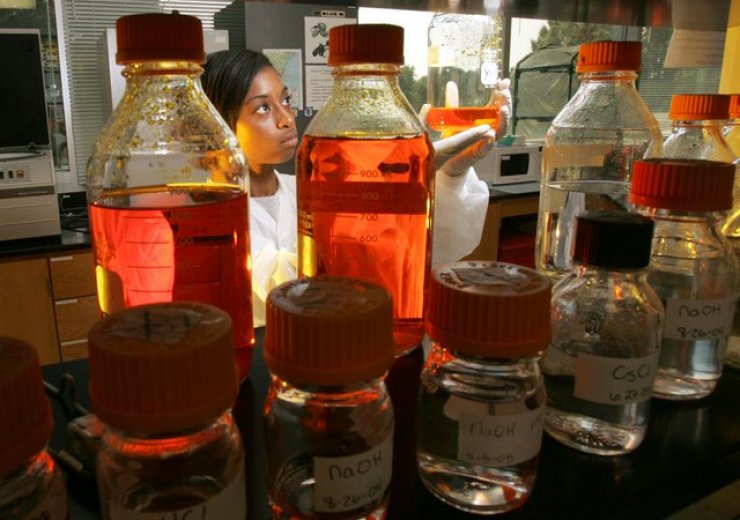
Putting sustainability and social justice at the heart of our research institutions is key to reforming our food systems. The way we do research into food and agriculture needs to change. Around the world small-and medium-scale farmers find themselves hitched to a research agenda that’s decided by agribusinesses often for their own benefit rather than the public good. Instead, farmers should be consulted on what research and technologies they need to farm sustainably.
There is an urgent need for a transformation of our food and farming research – its overarching aims, priority areas and the way research agendas get decided and funded.
Increasingly, experts agree there must be a shift towards agroecological methods of farming (including organic, permaculture and biodynamic farmers). To facilitate this, the agricultural research agenda must shift to support innovations in biodiverse, agroecological farming systems. These systems produce nutritious, diverse foods that are tailored to local areas and directly benefit people, crops, livestock and the environment, both here in the UK and in the global South.
Farmers and citizens should be consulted on what research and technologies they need to farm and eat sustainably, putting them at the centre of research and technological innovations that produce healthy and sustainable food. This holistic research approach would deliver a more sustainable farming system and identify specific research and development to support it.
This is already beginning to happen – the Innovative Farmers programme puts farmers in the driving seat of innovation, with ‘field labs’ linking farmers with researchers – but there needs to be a wholesale shift of the public agricultural research agenda.
The current research and innovation agenda is decided by corporate agriculture organisations for the benefit of themselves and large-scale conventional farmers. The majority of public (and private) funding is invested in high-tech solutions to agricultural problems, such as GM food and feed, Artificial Intelligence, precision farming, 3D printing and cell-grown meat.
These technological approaches provide solutions to specific problems, rather than addressing system change, and often allow the continuation of bad practice. In other words, they treat the symptoms but not the cause of the problem.
Reframing the research system to focus on excellent existing practices for good food and farming across farming from smallholdings to larger farms would support a shift to agroecological production. It would bring other social and economic benefits too – keeping money in local economies, providing employment, paying a living wage – especially if agricultural research supported agroecology in the global South as well as at home.

Ethical reasoning must be a crucial element in decision-making on science and agriculture policy, says Ben Mepham

A report of the March 2012 meeting of the FEC Business Forum